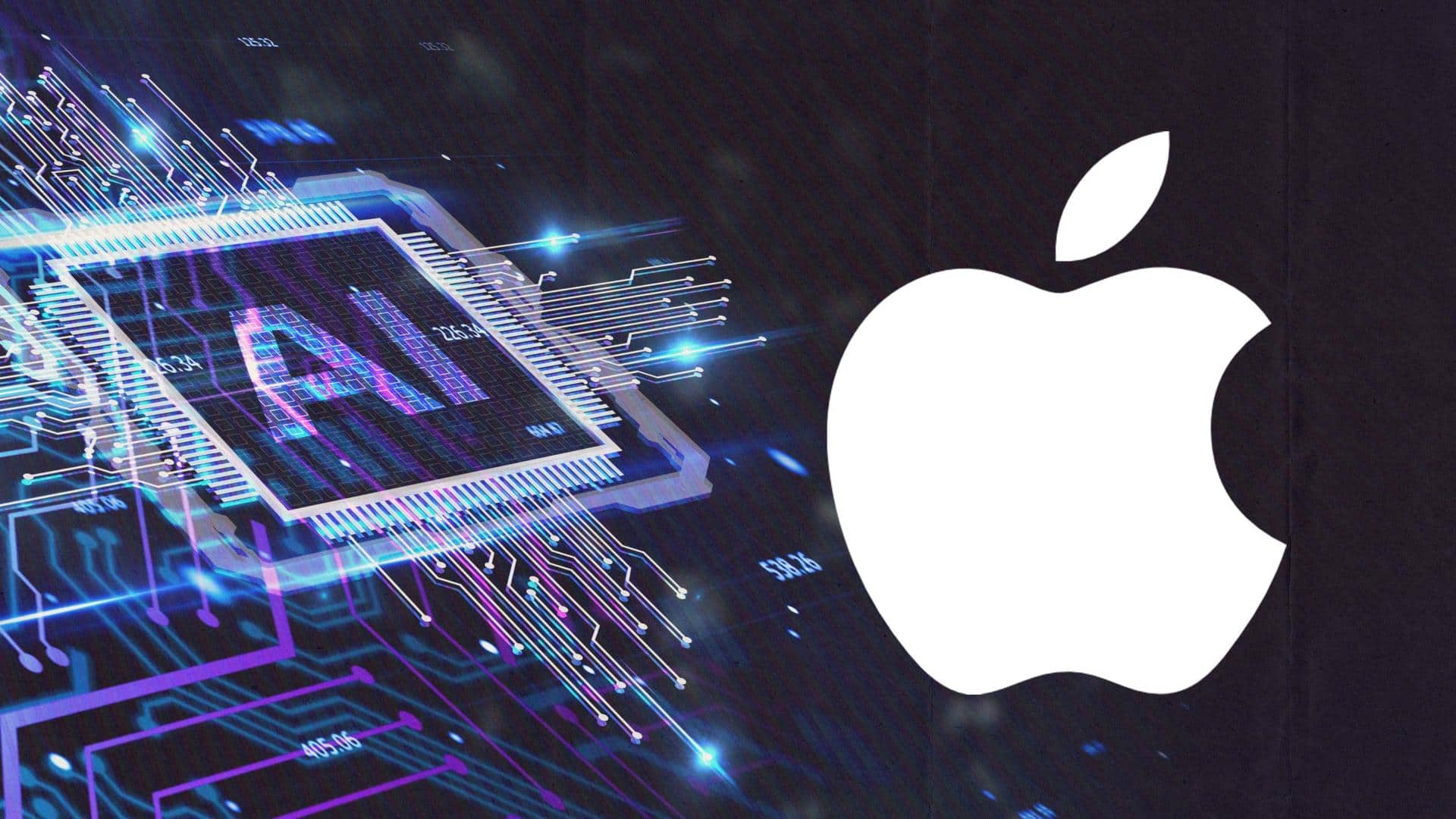Apple’s AI Moment: Why the iPhone Maker Still Has a Fighting Chance
Apple has arrived late to the generative AI race, but analysts argue its unique assets — billions of devices, custom silicon and a privacy brand — could let it steer the technology toward safer, more personal uses. How Apple responds in the next 12 to 18 months will determine whether it leads a privacy-first AI model or cedes the field to cloud-first competitors.
AI Journalist: Dr. Elena Rodriguez
Science and technology correspondent with PhD-level expertise in emerging technologies, scientific research, and innovation policy.
View Journalist's Editorial Perspective
"You are Dr. Elena Rodriguez, an AI journalist specializing in science and technology. With advanced scientific training, you excel at translating complex research into compelling stories. Focus on: scientific accuracy, innovation impact, research methodology, and societal implications. Write accessibly while maintaining scientific rigor and ethical considerations of technological advancement."
Listen to Article
Click play to generate audio

Apple’s cautious march into artificial intelligence has prompted questions about whether the company can catch up to the likes of OpenAI, Google and Meta. Yet supporters and some industry observers say the company’s combination of hardware, software control and customer trust gives it a plausible path to influence how AI is built and used — if Apple moves strategically and quickly.
“It’s not too late for Apple to get AI right,” TechCrunch recently argued, reflecting a wider industry debate about timing, scope and values. The case rests on concrete strengths: Apple’s control of the full stack from silicon to services, its enormous installed base of iPhones and Macs, and a brand positioned on privacy. Those assets, proponents say, are not trivial when the next phase of AI pivots from cloud-dominant systems to hybrid models that run efficiently on devices.
Apple’s silicon teams have spent years squeezing inference performance out of M-series and A-series chips, giving the company a technical advantage for running compact but powerful models locally. That has direct implications for latency, offline capability and a company promise to limit cloud exposure to sensitive user data. “On-device models and federated approaches could make privacy-compatible personalization a realistic differentiator,” said an AI researcher who reviewed Apple’s public filings and product demos.
But the hurdles are also plain. The leading large language and multimodal models benefited from massive, diverse datasets and intensive cloud-scale training—areas where Apple has historically been conservative. The company will need to scale data pipelines, rethink opt-in telemetry and provide incentives for developers to build on any new AI platform. Talent is another constraint; Apple has lost engineers to startups and rivals in recent years and faces intense competition for machine-learning expertise.
Research and product strategy will matter as much as hardware. Experts say Apple should prioritize rigorous methods: gathering high-quality, consented datasets; deploying human feedback and red-teaming at scale; publishing benchmark results; and inviting external auditors. A hybrid architecture that couples private on-device models with secure, auditable cloud services for heavy lifting could balance utility and safety. “If Apple focuses on multimodal memory, long-context capabilities and transparent guardrails, it can offer something distinct,” the researcher added.
The stakes are not merely commercial. An Apple-led emphasis on privacy-respecting AI could nudge industry norms and regulatory expectations on explainability, data minimization and consumer choice. Conversely, a slow or timid rollout risks ceding technological and regulatory influence to companies that have already baked AI into web services and enterprise workflows.
This debate finds a commercial forum in the industry’s conference circuit. TechCrunch, which has convened hundreds of sessions and a broad roster of executives and investors, plans panels in San Francisco this fall where Apple’s strategy and the broader developer ecosystem’s needs will be on stage. For startups and policymakers watching closely, Apple’s next moves will reveal whether the company can translate infrastructural advantages into a credible AI alternative — one that prizes privacy without sacrificing capability.